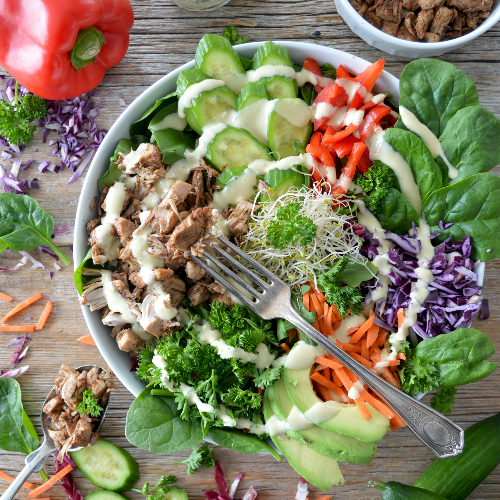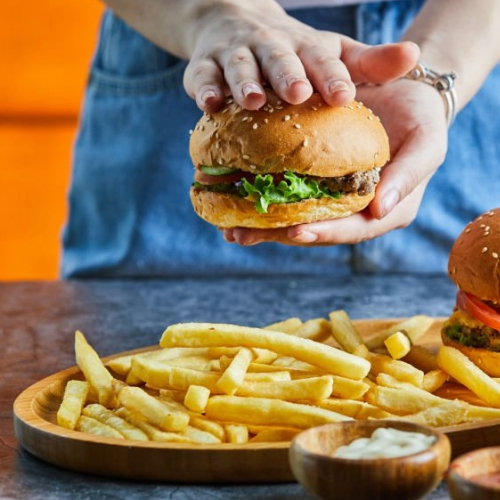Once upon a recent time, in a world brimming with health myths and facts, lived Emma, a 35-year-old, vibrant yet perpetually perplexed nutrition blogger. Emma’s journey with the ketogenic diet was as layered as a well-baked mille-feuille, each layer unfolding new insights and challenges.

On a bright Monday morning, Emma sat, laptop aglow, sipping her bulletproof coffee. Her eyes flitted across the screen, scanning through endless debates about keto and cholesterol. “High fat equals high risk?” she mused, her thoughts entangled in a web of conflicting information.
In her quest for clarity, Emma remembered her father’s struggle with high cholesterol. His journey, marred by confusion and fear, eventually led him to a healthier lifestyle, albeit sans keto. “But could keto be the missing piece?” Emma pondered, her curiosity piqued.
Determined, Emma dove headfirst into a sea of research. She discovered Dr. Martinez, a renowned cardiologist who advocated for a nuanced view of the ketogenic diet. His words, “Keto isn’t a one-size-fits-all solution,” resonated with Emma. It was an epiphany; the diet’s impact on cholesterol levels wasn’t a straightforward tale.
Emma’s blog became her alchemy lab, transforming complex medical jargon into golden nuggets of easy-to-digest information. She crafted stories, weaving in her personal experiences with scholarly research. Her posts shone a light on the intricate dance between fats, cholesterol, and heart health.
One afternoon, while Emma was lost in a book about lipids, her phone buzzed. It was a message from a follower, Lily, who shared her own keto journey. Once riddled with health issues and high cholesterol, Lily found solace and improvement in the ketogenic diet. Her story was a tapestry of trials, errors, and eventual triumph, painting a vivid picture of personalization in nutrition.
Emma’s blog post, “Keto and Cholesterol: A Symphony of Science and Personalization,” became a beacon of hope and information. It didn’t just list facts; it told a story of individual journeys, of finding what works for you. Her writing style, a delightful mix of short, punchy sentences and elaborate, descriptive ones, captured the hearts and minds of her readers.
As Emma’s blog grew in popularity, so did the discussion around keto and cholesterol. People began to see beyond the black-and-white narratives, understanding the shades of grey in nutritional science. Emma became not just a blogger but a storyteller, an influencer who championed informed choices over blind adherence.
In the end, Emma’s story wasn’t just about keto or cholesterol. It was a tale of unraveling complexities, of separating fact from fiction. It was about empowering people to make informed decisions about their health, armed with knowledge and personal experiences.
And so, as the sun set on another day, Emma closed her laptop, a content smile playing on her lips. Her blog, once a fledgling in the vast digital world, now soared high, spreading wings of awareness and inspiration.



